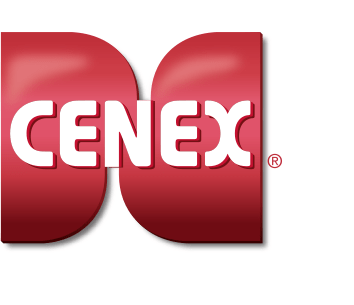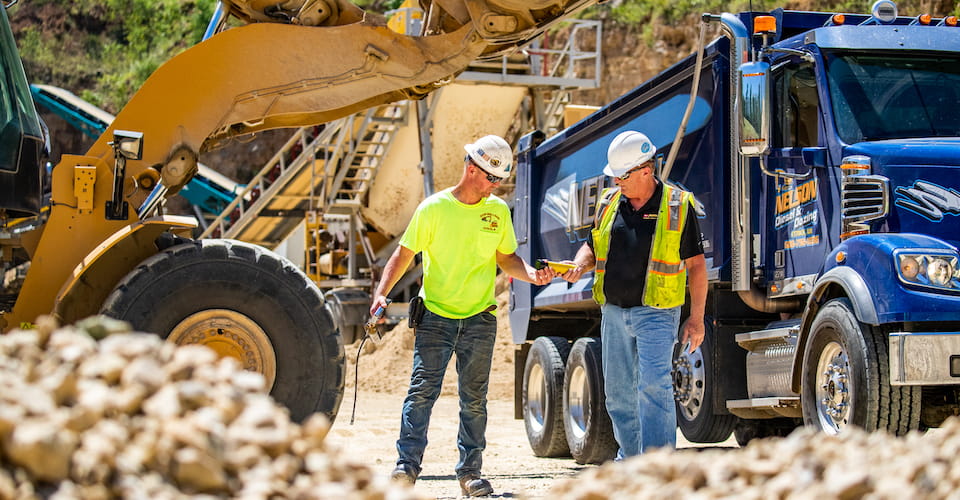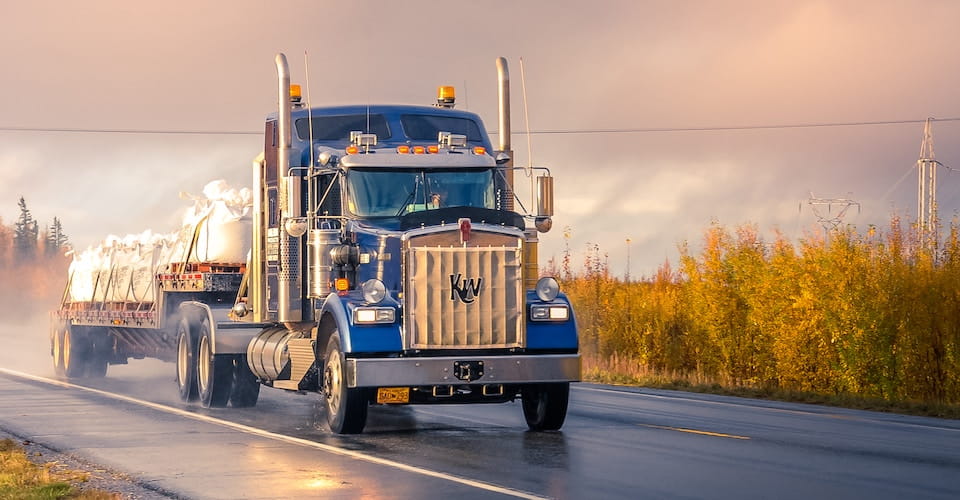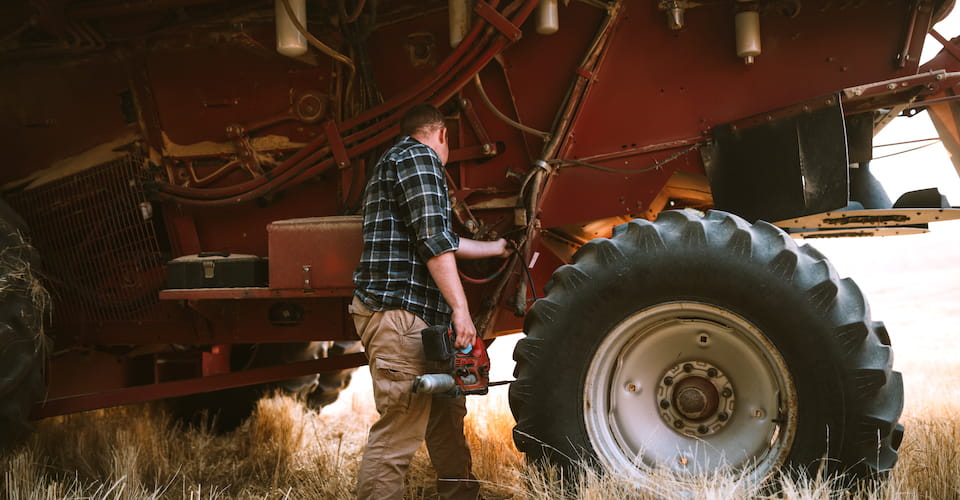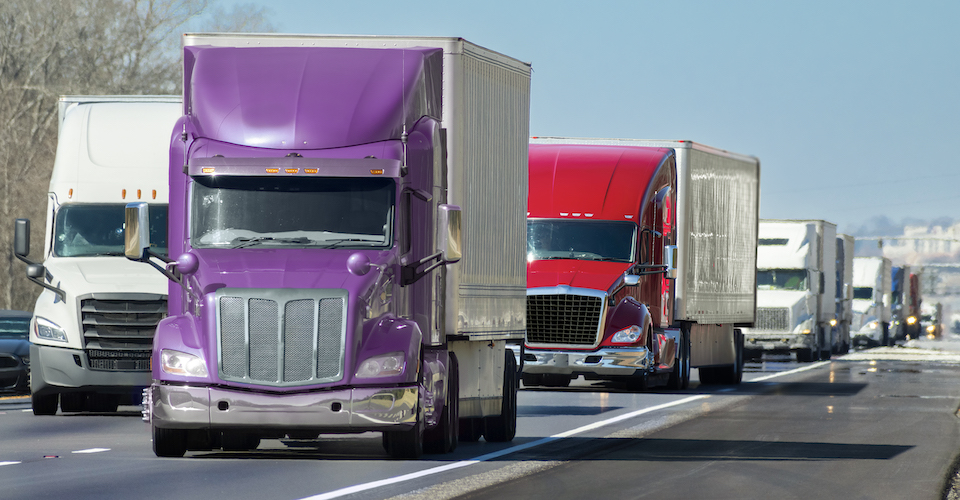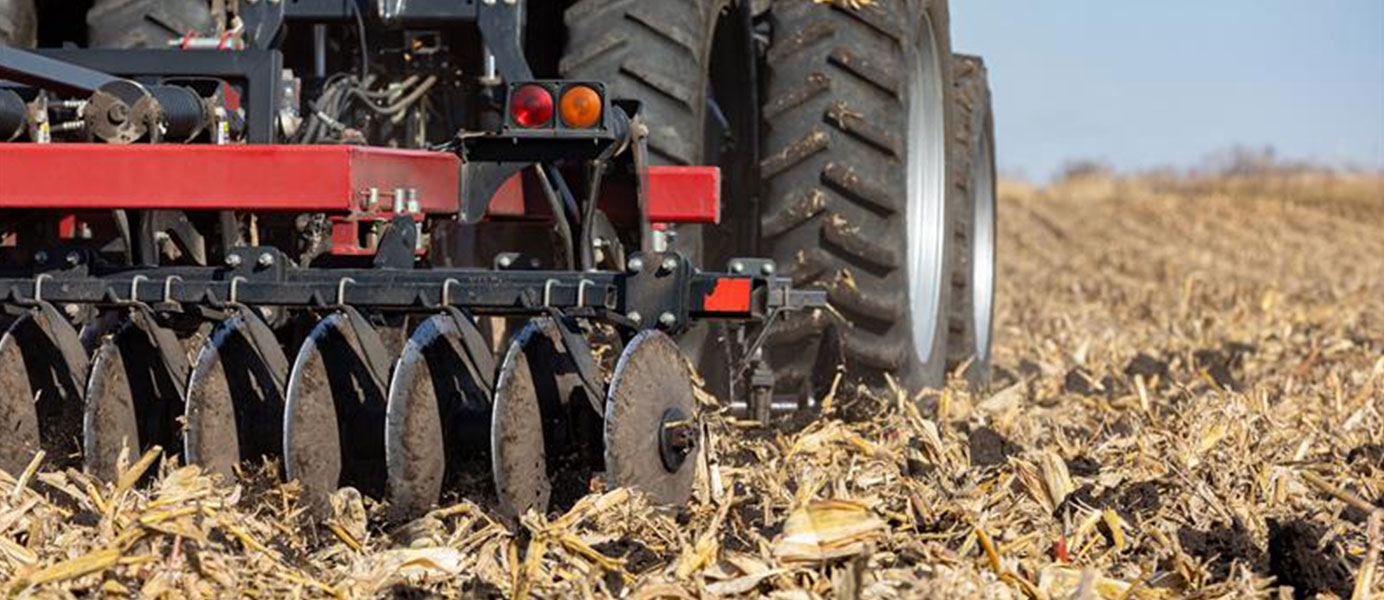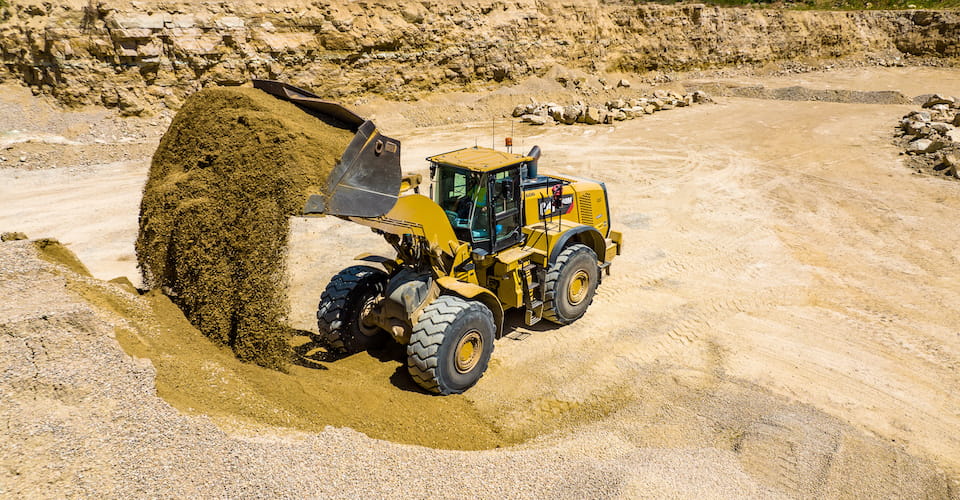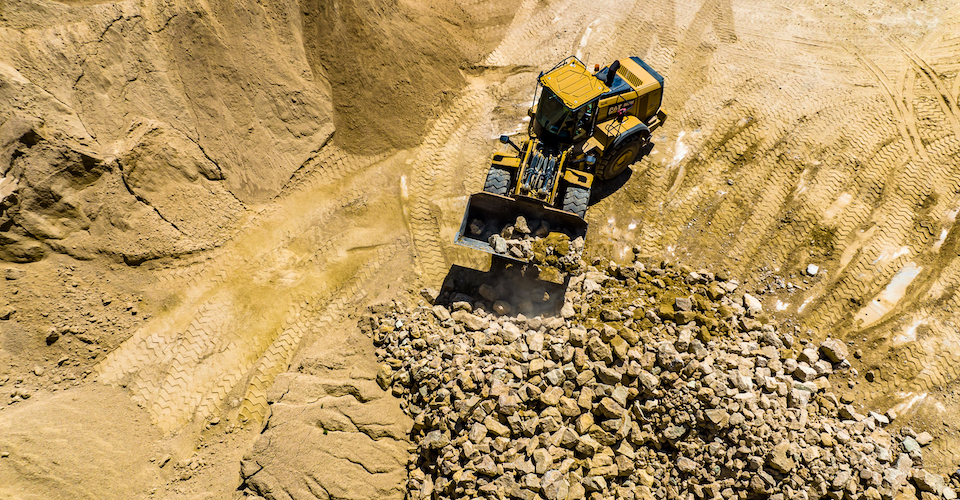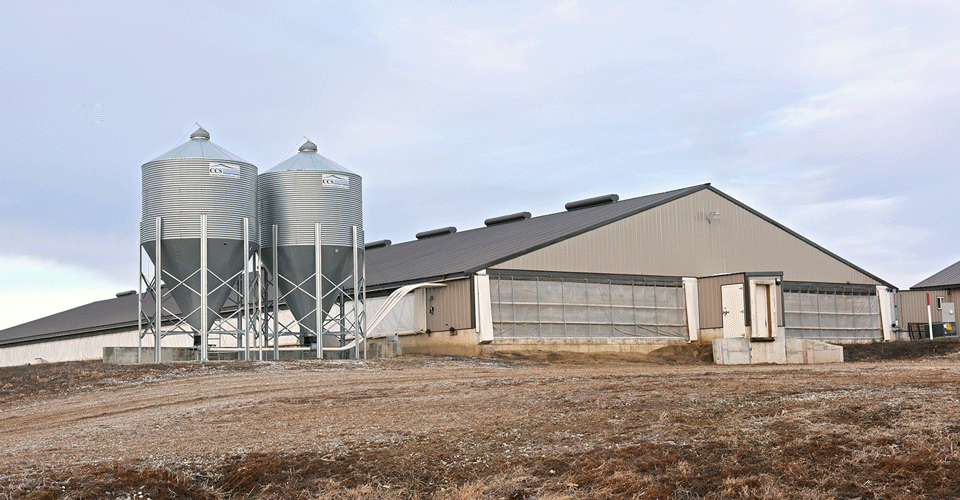
Propane heating systems are great solutions for maintaining temperature control in a variety of structures. But just like with any heating system, it’s important to properly maintain propane heaters to ensure optimal safety. This is especially true when it comes to confined spaces like livestock barns and greenhouses.
Confined structures on a farm can spur corrosion in metal components of propane heating systems due to humidity or even ammonia exposure from animal waste. To keep a propane heating system operating safely and efficiently in your livestock barn or greenhouse, here are three steps to take.
1. Check your systems regularly.
Conduct yearly visual inspections of all parts of propane supply and heating systems, both inside and outside structures. But because pipes are often enclosed behind walls or the ceiling, visual checks are not enough on their own. That’s why it’s important to also conduct leak checks to ensure the system holds pressure. Leak checks will verify that the system is sound- and leak-free. Ideally, leak checks are done every year or two.
It’s also important to service the vaporizer annually by removing any debris that has collected inside the cover. This debris could cause a fire or prevent the vaporizer from operating efficiently. It’s important when doing this to follow all manufacturer’s maintenance recommendations.
2. Educate your employees.
It’s your responsibility as the livestock producer or greenhouse manager to train new employees about all aspects of the structure, including the heating system. Always provide safety information sessions that educate employees about all parts of the heating system, do’s and don’ts for working around it and any warning signs that could indicate something is wrong.
Although propane is odorized, the smell of animal waste in many barns may overpower it, leaving workers unable to detect gas leaks by scent. This is why it is imperative for all employees to know other danger signs, plus where and how to safely shut off the propane supply if a leak or problem is suspected.
3. Think propane systems during construction.
The best time for a propane expert to get involved with a new livestock building or greenhouse is in the design stage.
When designing a building, a propane expert can offer advice on the general heating system layout. They can provide recommendations on the best type of pipes and fittings to use and can ensure propane tanks and vaporizers are properly located and appropriately sized to fit the operation’s needs.
Whether it’s a brand-new greenhouse or 20-year-old confinement barn, propane-powered heating systems are not something to let go to the wayside. Making routine system checks, keeping safety top of mind and getting an expert involved with designing or buying structures are just three ways to be a responsible barn or greenhouse owner. Find your nearest CHS Propane provider using the CENEX® LOCATIONS FINDER.
